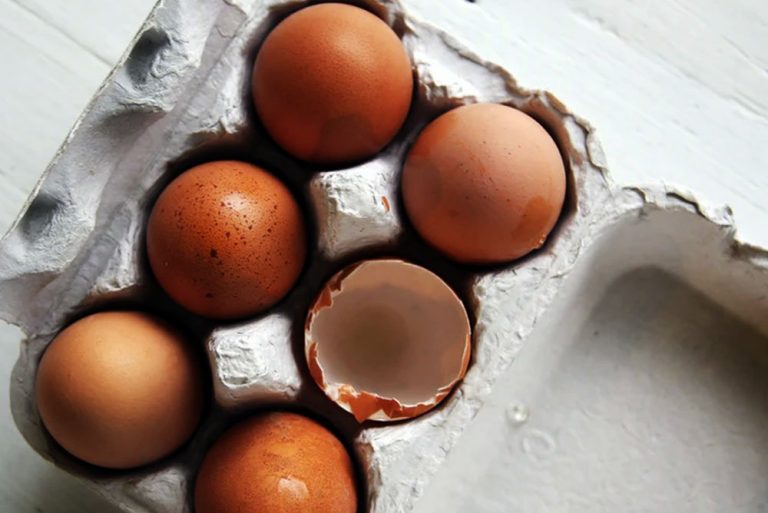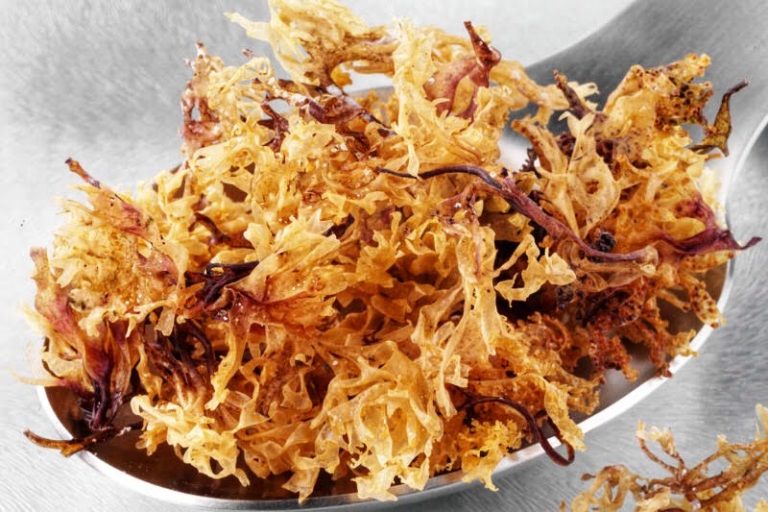Is Black Maca Good for Gym Enthusiasts? Discover the Benefits
ListedFit is reader-supported. When you buy through links on our site, we may earn a small commission.
Black maca, a root native to the high Andes of Peru, has become a popular supplement amongst gym-goers seeking a natural boost in their workouts.
It’s known for its potential effects on energy, stamina and libido, so it’s no surprise that many turn to this superfood for an edge in their fitness routines.
Another thing is that black maca provides a good source of quality protein, containing 4 grams of protein per tablespoon, making it a potentially beneficial addition to a muscle-building diet.
Knowing about what it offers nutritionally and the potential benefits of black maca is essential for those looking to incorporate it into their gym routines.
But, it is also important to recognize that scientific research on black maca is still limited and may not yet provide a comprehensive understanding of its specific effects or long-term impacts.
Nonetheless, when used responsibly and in conjunction with a well-rounded and balanced diet, black maca can provide a natural boost to support your workouts.
**Highlights**
- Black maca is a nutrient-dense root with potential benefits for energy, stamina, and libido, which also makes it a popular choice for gymgoers.
- This superfood contains 4 grams of protein per tablespoon, contributing to its appeal for those focusing on building and maintaining muscle.
- Research is still limited, so it’s vital to use black maca responsibly in conjunction with a healthy, balanced diet to get the most out of it.
Table of Contents
What Happened When I Tried Black Maca for the First Time
Understanding Black Maca
Black maca, a variant of the root vegetable maca (Lepidium meyenii), is native to the Peruvian Andes. This superfood offers a range of health benefits and has gained popularity among fitness enthusiasts and bodybuilders.
You might wonder what makes black maca different from other maca varieties. According to a 2018 study, black maca contains higher antioxidant levels compared to red and yellow maca.
These antioxidants can help reduce muscle damage and inflammation, resulting from intense workouts.
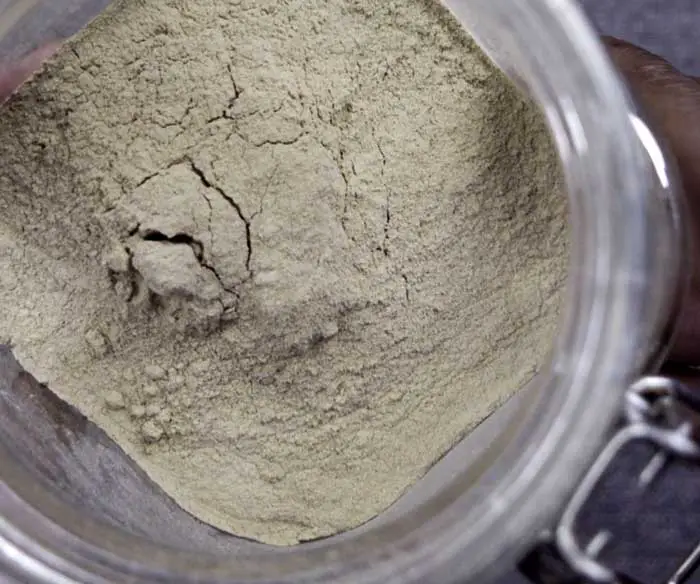
Incorporating black maca into your daily routine can be beneficial, especially if you are looking to improve your athletic performance.
When it comes to its composition, black maca is primarily made up of carbohydrates, protein, and fibre. This nutritional make-up plays a crucial role in helping you gain muscle.
Black maca is also a natural source of quality protein, providing about 4 grams of protein per tablespoon.
Black Maca and Its Nutritional Value
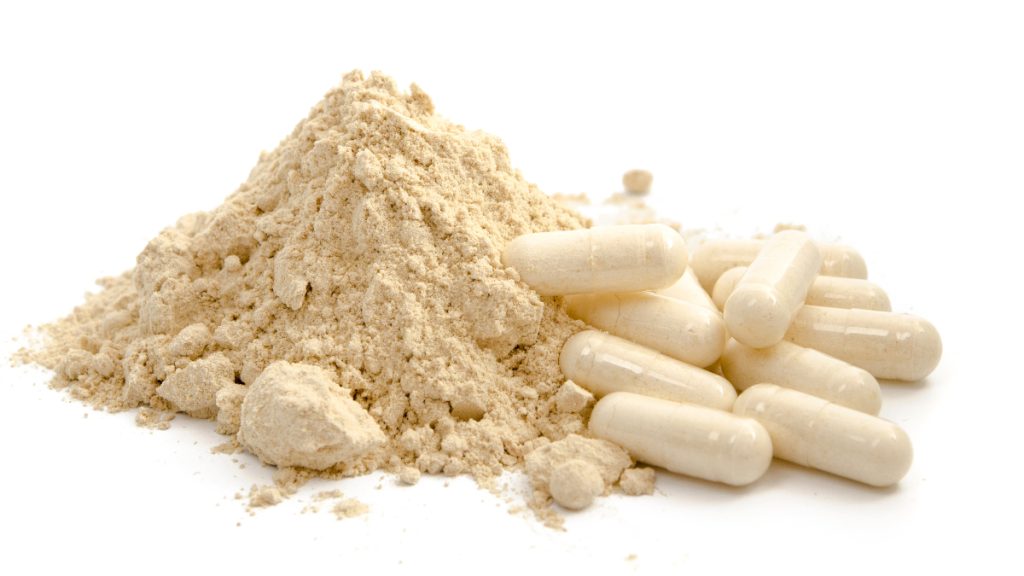
In this section, we will discuss the nutritional value of black maca and why it’s beneficial for your gym workouts.
Firstly, black maca is a great source of essential vitamins and minerals, such as Vitamin C, iron, and zinc, which play vital roles in maintaining your overall health.
These micronutrients contribute to optimal immune function and efficient energy metabolism, allowing you to stay on top of your fitness goals.
Black maca is also rich in antioxidants, such as glutathione and superoxide dismutase. These antioxidants help neutralize harmful free radicals, which can lead to chronic diseases and cellular damage.
By incorporating black maca into your diet, you’re not only supporting your body’s natural defence system, but also providing additional support to muscles undergoing rigorous training.
Another important macronutrient found in black maca is protein. As mentioned previously, it contains around 4 grams of protein per tablespoon, black maca can be an excellent supplement to your daily protein intake.
Of course, taking maca alone isn’t going to fulfil your daily protein needs, but it’s good to know that it contributes.
Lastly, black maca has been suggested to help regulate glucose metabolism.
This further improves your overall fitness, as proper glucose management is essential for maintaining energy levels during workouts.
In my experience, black maca offers a well-rounded nutritional profile that can support your gym routine. It’s packed with some of the essential vitamins and minerals, antioxidants, and of course protein. Adding black maca to your diet can definitely provide the extra boost needed to optimise your workouts and maintain overall health.
Role of Black Maca in Gym Workouts

After trying black maca myself, I discovered that incorporating black maca into my gym routine can actually offer several benefits, including energy-boosting properties and improved muscle growth and recovery.
Let’s delve deeper into these aspects.
Energy Boosting Properties
One of the primary benefits of black maca is its ability to provide an energy boost during your workouts. It’s a powerful adaptogen that helps your body better respond to external stresses, such as rigorous physical activity. It keeps your energy levels stable throughout your workout, allowing you to push through more challenging exercises without feeling fatigued too quickly.
Additionally, black maca aids in increasing endurance and stamina, which can contribute to better overall athletic performance. If you’re looking to enhance your workout routine or increase your levels of physical fitness, adding black maca to your pre-workout supplement regimen may be an excellent option to consider.
Muscle Growth and Recovery
Black maca can also play a significant role in muscle growth and recovery. Research has shown that it can aid in muscle growth and overall athletic performance, thanks to its hormone-balancing effects.
By stimulating the production of appropriate hormones such as testosterone for men and estrogen for women, black maca helps support muscle-building efforts.
Another potential benefit is its ability to reduce delayed-onset muscle soreness (DOMS) after an intense workout.
Its antioxidant properties help combat inflammation and oxidative stress, which can contribute to muscle soreness and slow recovery.
By potentially minimizing DOMS, black maca may enable you to return to your workouts sooner and work towards your fitness goals more effectively.
Does Black Maca Increase Testosterone?
Black maca is often considered a powerful supplement for various health benefits, including its potential impact on testosterone levels. This section will cover the relationship between black maca and testosterone, discussing if and how it might contribute to enhancing your gym performance.
While black maca is commonly found in supplements that claim to boost your testosterone, its direct effect on testosterone production remains complex and somewhat unclear.
Nevertheless, there are several benefits linked to black maca consumption that suggest a positive correlation between this root and increased testosterone levels.
One of the key advantages of black maca, particularly relevant for gym-goers, is its potential to stimulate the production of balanced hormone levels: testosterone for men and estrogen for women. This unique characteristic of black maca makes it an appealing supplement for bodybuilders and those seeking enhanced athletic performance.
Furthermore, black maca is known to improve fertility by supporting sperm health, which could be another indicator of its positive influence on testosterone.
Moreover, it’s recognised for regulating the endocrine system, boosting immunity, and providing fatigue resistance.
These benefits may not directly impact testosterone levels, but they can indirectly contribute to better gym performance and overall well-being.
While there isn’t strong clinical evidence supporting the claim that black maca can directly increase testosterone levels in humans, its beneficial properties and positive effects on various aspects of health point to a potential connection.
How to Get Black Maca in Your Diet
Incorporating black maca into your diet can be an effective way to boost muscle growth and enhance athletic performance. Here are a few ways to include this superfood in your daily regimen:
Powder Form: Black maca is commonly available as a powder, which makes it easy to mix into smoothies, protein shakes, or oatmeal.
Start with a dosage of 1-1.5 teaspoons per day, and adjust the amount as needed based on your body’s response.
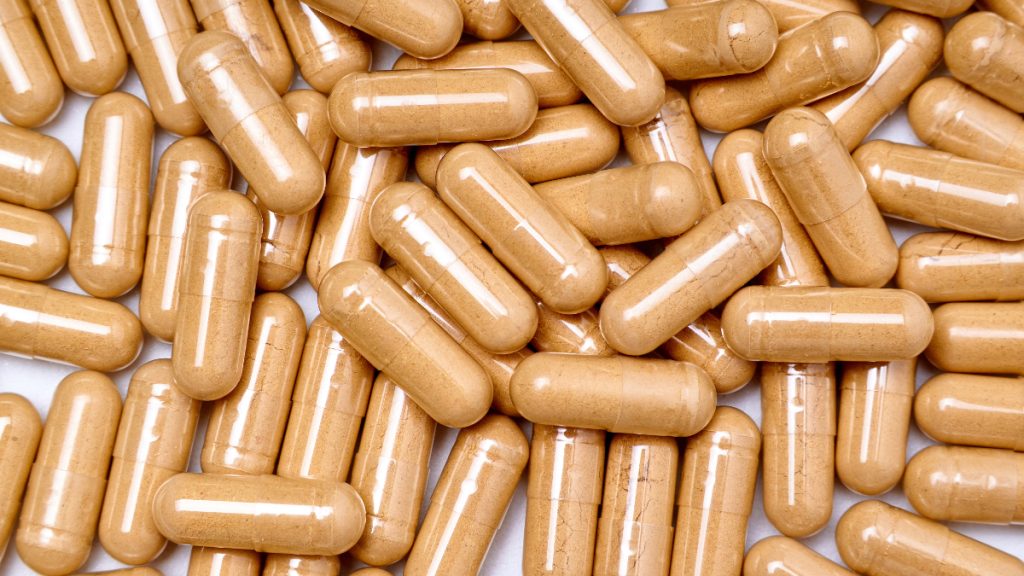
Capsules: If you prefer a more convenient option, black maca can also be found in capsule form.
Most capsules will require you to take 3-5 capsules per day, ideally with breakfast or lunch. As with the powder form, you’ll want to maintain this dosage for a minimum of 6-12 weeks to experience its full benefits.
Cooking with Black Maca: Black maca powder can be incorporated into various recipes. You can add it to energy bars, bake it into muffins or pancakes, and even mix it into soups. This provides a creative way to maintain a consistent intake while also adding a boost of nutrients to your meals.
Gradually Increase Intake: When starting to consume black maca, it’s essential to gradually introduce it to your diet. Begin with a lower dosage and incrementally increase the amount over time. This will help your body adjust and allow you to monitor any potential side effects.
Remember, consistency is key when using black maca to improve your gym performance and muscle growth. By incorporating it regularly into your diet, you’ll be able to harness its full potential and support your fitness goals.
Precautions While Consuming Black Maca
Always consult a healthcare professional: Before starting any supplementation, especially if you take medications or have health conditions, it’s crucial to consult with a medical professional. They will provide guidance on the appropriateness of black maca for your individual situation.
Stick to the recommended dosage: As with any supplement, it’s essential to follow the recommended dosage. Overconsumption might lead to gastrointestinal discomfort or other adverse effects. The proper dosage may vary depending on factors like age, gender, and overall health, so it’s best to consult your healthcare provider.
Be cautious if you have hormone-sensitive conditions: Black maca may affect hormone levels. If you have hormone-sensitive conditions, such as breast, uterine or ovarian cancer, endometriosis, or uterine fibroids, you should be cautious when taking black maca.
Pregnant and breastfeeding women: There is limited research on the safety of black maca consumption during pregnancy and breastfeeding. It’s advisable to avoid black maca during these periods to be on the safe side.
Beware of potential interactions: If you currently take any medications, it’s essential to ask your healthcare provider about potential interactions with black maca. Considering the potential impact on hormone levels, there might be possible interactions with hormone replacement therapy or birth control pills.
By taking these precautions, you can ensure that your consumption of black maca is safe and provides the desired benefits to support your gym performance and overall health.
Conclusion
Incorporating black maca into your gym routine may prove beneficial for your overall workout performance. Research has shown that black maca supplementation can contribute to improved physical strength and reduced inflammation levels in elite athletes, which may translate to more effective workouts for you.
Including black maca extract into your diet may also support your metabolism, as it has been found to help regulate glucose levels. This is particularly important for fuelling your brain and red blood cells while working out.
However, it is essential to remember that the available research on the effects of black maca is limited, and the potential side effects or risks are not yet fully understood. Make sure to consult with a healthcare professional before incorporating black maca supplements into your routine.
In conclusion, carefully consider the benefits and potential risks when deciding whether black maca supplementation may be a suitable addition to your gym regimen. Overall, keep up with the latest research and make informed decisions in order to enhance your workout performance and sustain optimal health.
Frequently Asked Questions
Does black maca improve workout performance?
Yes, black maca can improve workout performance. Taking an additional 1-2 teaspoons of concentrated black maca 1-2 hours before a workout or sports event may help boost your energy levels and endurance.
You can dissolve the powder into water, tea, juice, smoothie, or other drinks for easier consumption.
Is black maca helpful for muscle gains?
Black maca is rich in antioxidants and other plant-based nutrients that can support metabolic and hormonal balance, which may contribute positively to muscle growth.
Incorporating black maca into your diet along with a proper training program can indeed help with muscle gains.
What are the benefits of black maca for gym-goers?
Some of the benefits of black maca for gym-goers include improved workout performance, support for muscle gains, increased energy levels, better endurance, and potential hormone-balancing properties.
Should black maca be taken before or after a workout?
It is recommended to take an additional 1-2 teaspoons of concentrated black maca 1-2 hours before a workout to maximise its benefits.
However, you can also incorporate regular maca doses into your daily routine, regardless of your workout schedule.
How does black maca compare to red maca for gym benefits?
While both black and red maca have their unique benefits, black maca has been found to demonstrate higher antioxidant effects than red maca.
This can contribute to better workout performance, energy levels, and endurance when compared to red maca. However, red maca is still a beneficial option for various health benefits.
What’s the difference between black maca and yellow maca?
The primary difference between black and yellow maca is their respective amounts of antioxidants.
Black maca has a higher concentration of antioxidants, which contributes to improved workout performance, endurance, and muscle growth support.
Yellow maca also offers health benefits but may not be as advantageous in the gym as black maca.
Can black maca contribute to weight gain in unwanted areas?
Black maca’s primary function is to support hormone balance and muscle growth, rather than directly promoting weight gain in specific areas.
However, weight gain or distribution in the body is complex and depends on multiple factors, such as nutrition, genetics, and exercise habits. It is crucial to adopt a balanced diet and training program to ensure proper weight management.
Author
-
Stuart Patrick is a health and fitness lifestyle journalist who writes for ListedFit.com.
“I've spent a lot of time trying to get in shape and change my body and I realised there are so many untruths in the health and fitness industry that can slow down or stop your progress, so I share my knowledge and experience to help others to cut through the BS.”
Latest entries
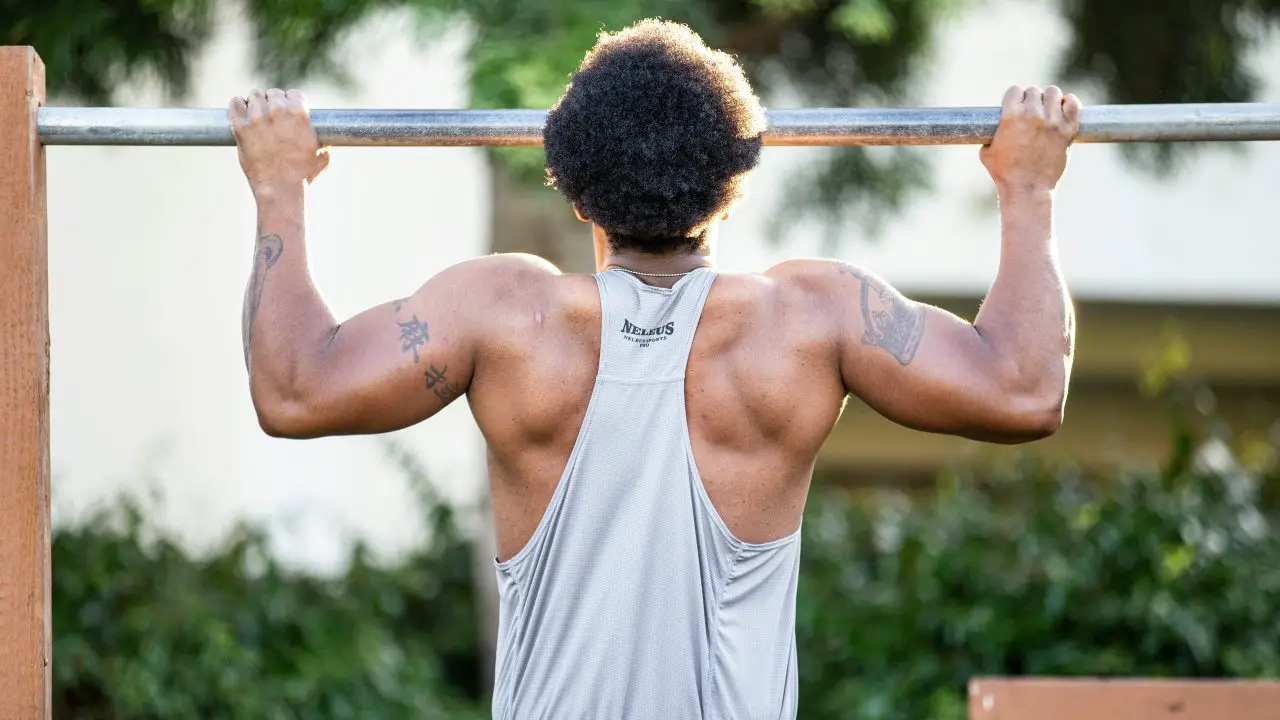 CrossFitApril 4, 2024How Many Pull-Ups Should I Do Daily? Let’s Figure it Out…
CrossFitApril 4, 2024How Many Pull-Ups Should I Do Daily? Let’s Figure it Out… MacaMarch 17, 2024Which is Better: Black or Red Maca? Comparing Benefits and Uses
MacaMarch 17, 2024Which is Better: Black or Red Maca? Comparing Benefits and Uses FitnessFebruary 18, 2024Join the Discount Club Today!
FitnessFebruary 18, 2024Join the Discount Club Today! KitchenFebruary 5, 2024Best Almond Milk-Making Machines 🥛 Cheap vs Expensive?
KitchenFebruary 5, 2024Best Almond Milk-Making Machines 🥛 Cheap vs Expensive?
Affiliates:
This post may contain affiliate links that at no additional cost to you, the site may earn a small commission. We only recommend products we would use ourselves and all opinions expressed on this site are our own.
General Advice:
The information provided in this article is for general informational purposes only. It is not intended as a substitute for professional advice. Always consult with a qualified healthcare professional before starting any new diet, exercise program, or making changes to your health routine.
Accuracy Advice:
While we strive to provide up-to-date and accurate information, the content in this article may not reflect the most current research or medical guidelines. We encourage readers to do further research and consult with professionals for more personalized advice.
Our Recommendations:
The products and services mentioned in any of our articles are recommended based on our independent research and personal experience. We are not sponsored by any company. We aim to suggest products and services we believe are of high quality and could be beneficial to our readers.






